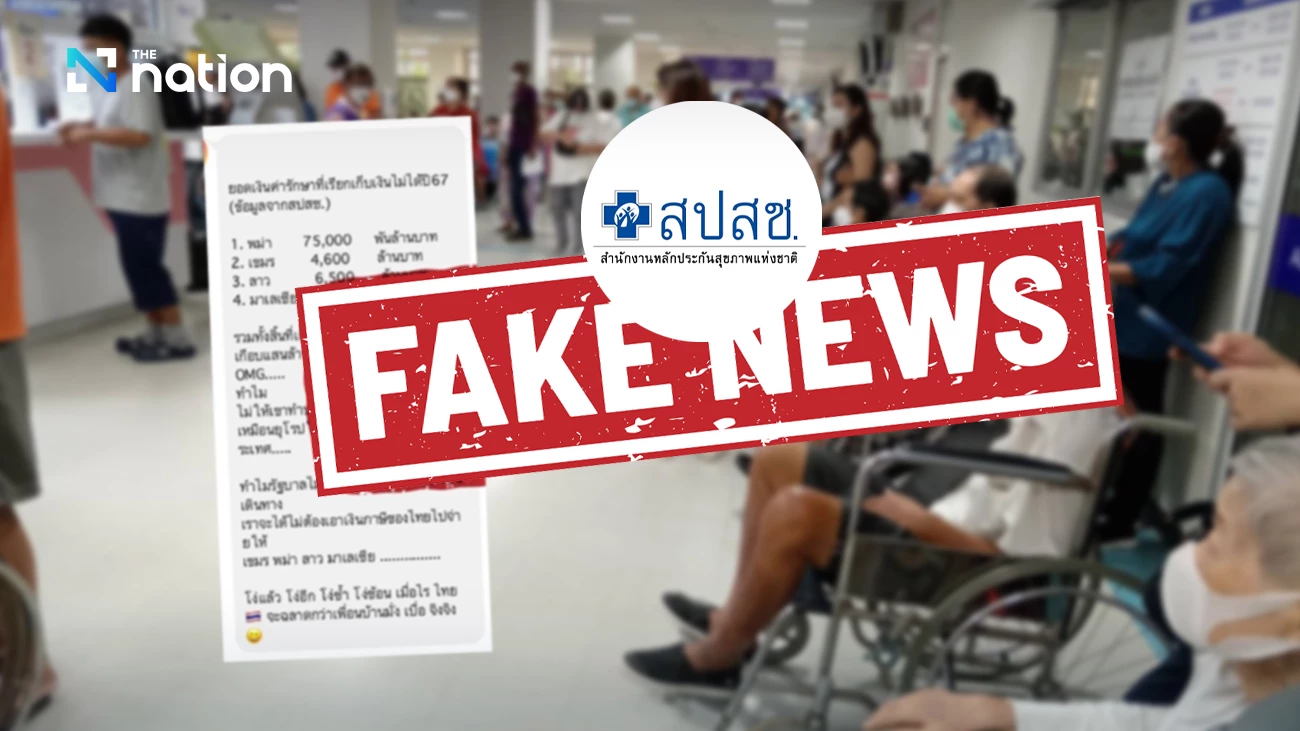Southeast Asian Tensions Soar: Thailand and Cambodia Clash Over Border, Leaders Face ICC Threats

Tensions between Thailand and Cambodia continue to simmer, marked by accusations, border disputes, and the persistent challenge of disinformation, even as both nations engage in diplomatic discussions. Despite a 13-point ceasefire agreement signed during the General Border Committee (GBC) meeting in Malaysia on August 7, provocations, fake news, and various forms of intimidation persist, undermining efforts towards peaceful resolution.
A significant point of contention arose when Cambodia’s Minister of Information made allegations, citing foreign intelligence sources, that Thailand was planning to assassinate Cambodian leaders Hun Sen and Hun Manet. Thailand’s Ministry of Foreign Affairs, through its spokesperson Nikorndej Balankura, firmly rejected these claims as entirely unfounded and designed to defame Thailand. Nikorndej stressed that spreading such false news during ongoing GBC discussions serves no constructive purpose and undermines the spirit of dialogue. This incident reflects a broader problem of information warfare, with the Ministry of Digital Economy and Society (DES) reporting that eight out of the top ten fake news items last week were related to the Thai-Cambodian border conflict, highlighting how false reports dominate the narrative.
The long-standing issue of border encroachment at Ban Nong Chan village in Sa Kaeo province remains a flashpoint. Thailand’s government spokesman Jirayu Houngsub insisted that Cambodia had betrayed Thai hospitality, exploiting humanitarian aid provided to hundreds of thousands of Cambodians fleeing civil war in 1977. Ban Nong Chan was established as a temporary shelter, but Cambodian refugees allegedly refused to return home, expanding their community on Thai soil. Over decades, descendants of these refugees have built nearly 200 new homes, claiming the area as Cambodian sovereign land. The Cambodian government rejects Thailand’s border demarcation claims, while Thailand has erected razor wire within its own boundaries to protect against further encroachment and attacks by Cambodian troops, who have allegedly laid landmines. Thailand asserted that the razor wire installation did not violate the GBC agreement, which stipulated neither side would construct structures outside their territories.
The alleged use of anti-personnel landmines by Cambodian troops is another critical issue drawing international attention. The Royal Thai Army (RTA) is leading the ASEAN Interim Observation Team (IOT) to visit the Thai-Cambodian border to monitor alleged breaches of international law and ceasefire conditions. These visits follow successful trips organised by the Thai government for international governments and organisations. ASEAN envoys and representatives from countries ratifying the Ottawa Convention, which bans landmines, visited Si Sa Ket province. There, they reportedly witnessed evidence of anti-personnel mines and interviewed affected residents. Furthermore, representatives from the International Committee of the Red Cross (ICRC) assessed the humanitarian impact of cross-border attacks on civilians in Surin, Si Sa Ket, and Ubon Ratchathani provinces. The ICRC gathered facts and interviewed civilians, compiling a confidential report to be submitted directly to both Thailand and Cambodia. Thailand has also committed to sending video and photo evidence of Cambodia laying landmines to Geneva.
In response to these provocations and alleged damages, Acting Prime Minister Phumtham Wechayachai confirmed that academics might submit a proposal to the government to consider suing Cambodian Prime Minister Hun Manet and his father, Hun Sen, in the International Criminal Court (ICC) as war criminals. This follows a resolution by the National Security Council (NSC) to file both criminal and civil lawsuits against Hun Manet and Hun Sen in Thai courts for causing deaths, injuries, and property damage to Thais by ordering Cambodian troops to fire at Thai civilians.
Amidst these developments, Thailand has actively engaged with international partners. Phumtham met with four US lawmakers—two Republicans and two Democrats—who visited Thailand to follow regional developments. Discussions covered Thai–US relations, security, economic issues, and investment. The US delegation is scheduled to observe the Thai–Cambodian border conflict zone in Ubon Ratchathani, accompanied by officials from the Ministry of Foreign Affairs, before proceeding to Cambodia. Phumtham expressed appreciation for their concern, acknowledging their role as temporary observers, along with engagement from US President Donald Trump and observers from the United States, China, and ASEAN military attachés. Phumtham reiterated the importance of fighting with truth, not information warfare, to resolve issues peacefully, emphasizing that the priority remains addressing Cambodia’s alleged landmine deployment and the issue of barbed-wire fences, rather than immediate discussions on cancelling Memoranda of Understanding 43 and 44. He stressed the need for peaceful solutions that prioritize the lives of affected people, emphasizing truth over propaganda that incites hatred.
You may also like...
Super Eagles Converge in Uyo as Crucial World Cup Qualifiers Against Rwanda & South Africa Loom!
)
The Super Eagles have opened their camp in Uyo, with key players arriving for critical 2026 FIFA World Cup qualifiers ag...
Nigeria's Super Falcons Reign Supreme, Clinching 10th WAFCON Title Amidst Fanfare!
)
The Super Falcons of Nigeria clinched their record-extending 10th Women's Africa Cup of Nations (WAFCON) title with a dr...
Cumberbatch & Colman Ignite 'The Roses': Critics Raving About Hilarious, Heartbreaking Divorce Comedy

Jay Roach's new dark comedy "The Roses," starring Olivia Colman and Benedict Cumberbatch, explores the modern dissolutio...
Dwayne 'The Rock' Johnson's Emotional Triumph: 'The Smashing Machine' Stuns Venice, Ignites Oscar Buzz

Benny Safdie's "The Smashing Machine" features Dwayne Johnson in a critically acclaimed, transformative role as MMA figh...
Afrobeats Dominance: Burna Boy, Davido Lead AFRIMA 2025 Nominations

The 2025 All Africa Music Awards (AFRIMA) nominations have been announced, featuring a record-breaking 10,717 entries an...
Live Aid: The Controversial Legacy of the Biggest Charity Concert

Live Aid, the historic 1985 bicontinental concert, was a monumental effort to combat the Ethiopian famine, raising milli...
Bianca Censori's Bold & Unfiltered Persona: Nude Photos & Kanye's Power Play

Bianca Censori's controversial fashion choices and public appearances with husband Kanye West continue to draw headlines...
The Power Couple's Next Chapter: Taylor Swift & Travis Kelce's Wedding Bells Ring Loud!

Pop superstar Taylor Swift and NFL tight end Travis Kelce have officially announced their engagement, confirming their j...
